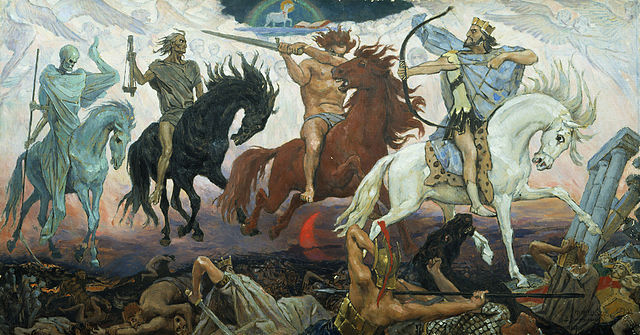 |
| Cain by Henri Vidal, Paris |
New York : Little, Brown, 2012
359 p. ; 22 cm.
"Serial murder is a relatively rare event, estimated to comprise less than one percent of all murders committed in any given year. However, there is a macabre interest in the topic that far exceeds its scope and has generated countless articles, books, and movies." -- FBI Serial Murder Report, 2005
I guess I'm just a bit of a contrarian when it comes to many things that popular culture offers as entertainment, and the popularity of serial killer entertainment (e.g. Silence of the Lambs or Dexter) is one of them. It's a form of entertainment that leaves me feeling manipulated and repulsed - and that's how I felt after reading Lyga's serial killer novel - I Hunt Killers. I know this puts me in a minority, because the novel is very popular.
The novel attempts to be a compassionate and complex thriller whose hero is Jasper, a 17 year old raised by his now imprisoned father who is a sadistic, methodical, diabolical, and sickeningly brilliant serial killer. The father exposed young Jasper to all the gruesome details of his crimes in the hopes of turning him into a killer like himself. And so the conflict - as Jasper becomes a man, will he be a normal person, or is he fated to become like his father - a remorseless pathological killer? And this conflict plays out in Lyga's novel with the onset of a series of gruesome murders in the town where Jasper lives and grew up. Jasper - wrestling with his tortured history and trying figuring out his identity - is determined to use his intimate knowledge of serial killers to help the police catch and stop the murderer.
The novel features many of the tropes of serial killer entertainment - some gruesome gore, a riveting battle of wits, an evil genius of a serial killer (ala Hannibal Lecter), and heart stopping danger and action. Oh, and the novel ends with a plot twist that sets up the novel for it's sure sequence, Game, which we also have.
I think one of the things that saddened me about this novel, is that Lyga is really a very talented writer. His plotting and dialog are very effective - and he is able to skillfully convey the ambiguity of self that confronts anyone trying to come to terms with his or her identity. But it ultimately feels sleazy and voyeuristic to me.
I do understand that people are fascinated with gruesome crimes and events - I'm not immune to it myself. There is a certain thrill of terror and relief to knowing what horrible things could and have happened - and yet that one has so far avoided. The world is definitely filled with horror and terror, but for myself, I'd rather read true histories or case studies, and wrestle with my own existential questions of "Why?" - instead of be taken though a fictional - supposedly entertaining - and at times manipulative account of murderers and murders.




